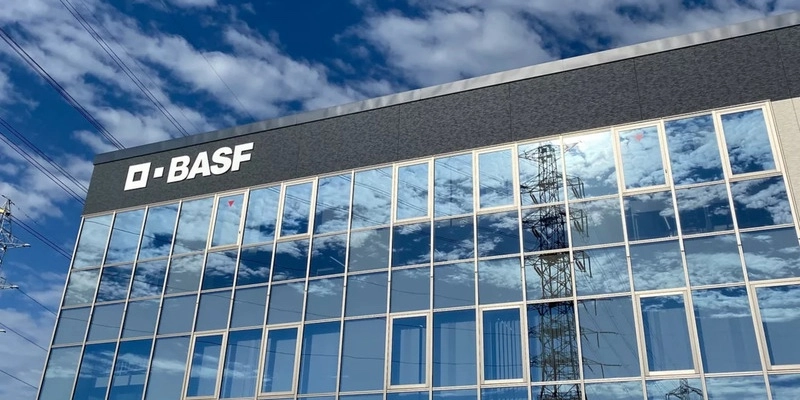BASF, a global recycling and battery materials company, and WHW Recycling GmbH, have signed an agreement to process cathode and anode waste to make battery cell manufacturing in Europe more sustainable.
WHW Recycling, a joint venture between Walch Holding and Štefan Hanigovský, owner of the Slovak waste disposal company Fecupral, specializes in recycling electrode foils.
By processing waste from cathode and anode foils from electric vehicle battery cell production, valuable raw materials can be recovered and incorporated into various value chains.
With material separation, the company complements BASF’s processes for collecting production waste and introducing the recovered raw materials into various value chains for further processing.
BASF is thus expanding its recycling services offering for its customers.
Starting from the end of this year, cathode and anode foil waste from battery cell production will be processed and separated into its components at WHW Recycling’s two new plants in Baudenbach.
Through an innovative process patented exclusively by WHW Recycling, most recyclable materials can be recovered to a highly pure form. C
athode foils consist of a thin aluminum foil coated with cathode material.
The aluminum material used in the cathode foils can be separated from the cathode material very efficiently in the cathode dismantling facility and reused as a metallic fraction.
After separation, BASF will refine the resulting contaminated cathode material and the resulting battery minerals can be reused as raw material for the production of cathode materials.
The copper, which is processed as a carrier material in the anode foil, and the graphite can be used as recovered raw materials after processing in the anode dismantling plant.
Christine Große Lembeck, Vice President of Battery Recycling Business Management at BASF Battery Materials, says:
“A holistic approach to battery recycling is an important step towards enabling a true circular economy for the battery industry in Europe and conserving scarce resources.”
She adds: “Working hand in hand in this fast-growing market can have a great impact. That is why I am very pleased that we have found in WHW Recycling such a competent recycling partner, which optimally complements our own recycling solutions: a perfect match.”
Kevin Walch, one of the two managing directors of WHW Recycling, states: “Over 15 years ago, we pioneered work with Lars Walch GmbH & Co. KG in the treatment of lithium-ion battery production waste.”
“The fact that our sophisticated process with above-average recycling rates and quality is now being used on an even larger scale in cooperation with BASF motivates us and is a great honor,” he explains.
Štefan Hanigovský, partner of the WHW Recycling joint venture, adds: “In collaboration with BASF, we continue with our proven recycling processes.”
“Our goal is to together be an important part of the battery recycling infrastructure and become leaders in battery recycling technology development. We are happy to be part of this collaboration, which enables an important step in battery recycling in Europe,” he details.







